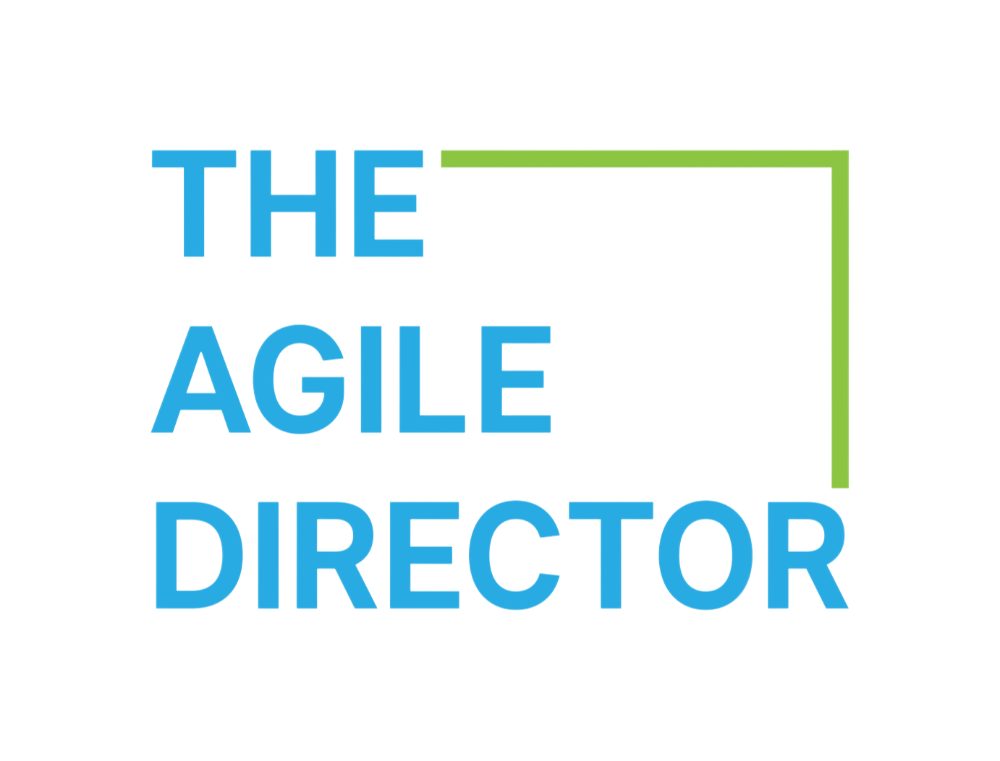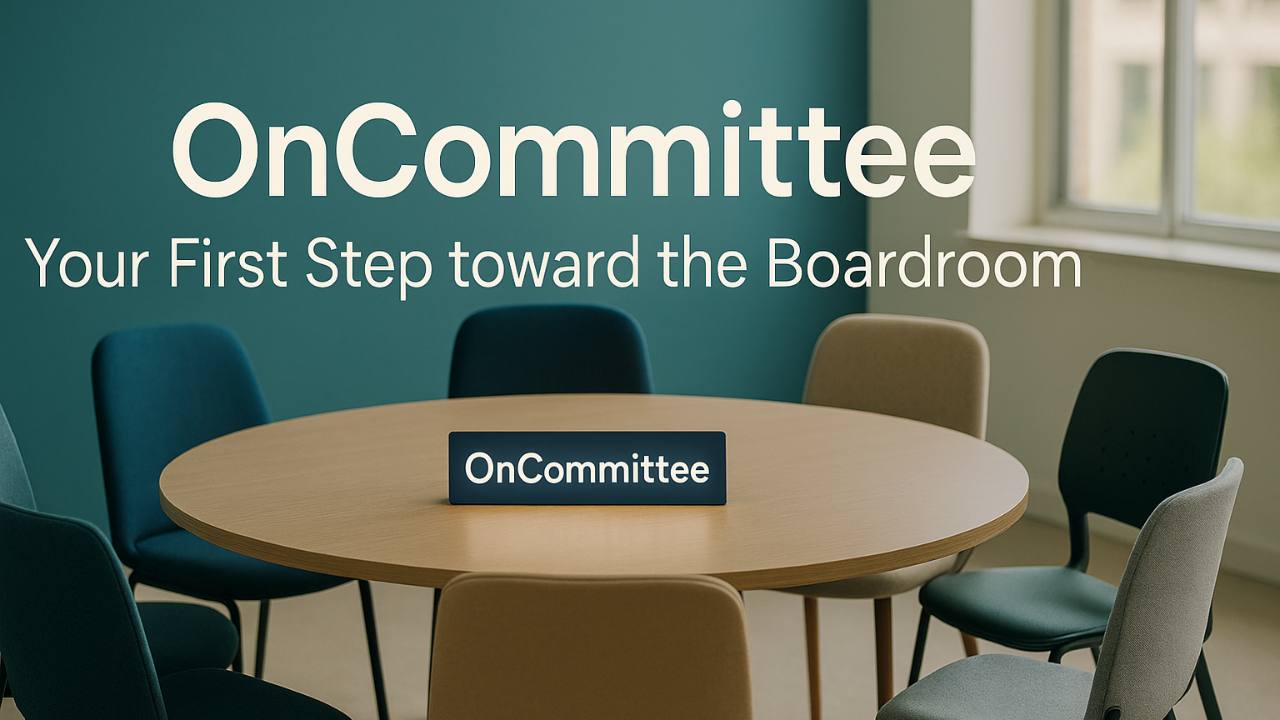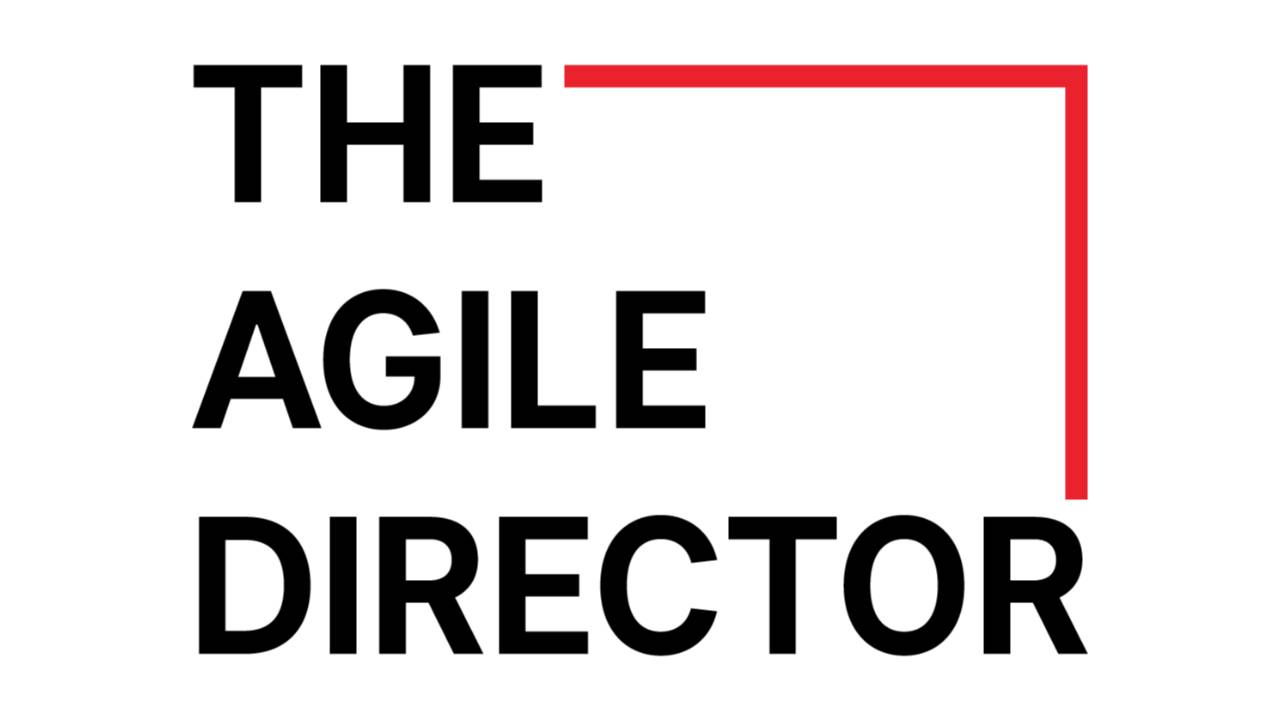Categories
advisory board aspiring director authentic leadership blueprint board leadership board readiness board reflection boards civic culture corporate responsibility crisis leadership culture democracy director development director pathways director responsibilities ethical governance ethical leadership future of boards future of work governace governance governance training governance trends governex innovation integrity leadership oncommittee organisational culture social contract social license stakeholder strategy start-ups the agile director🤝 Why Boards Must Embrace the Social Contract
Welcome to this edition of Insights for The Agile Director where we explore what is a Social Contract in the context of Governance and how this must impact the Board.
🤝 From Compliance to Connection: Why Boards Must Embrace the Social Contract
In today’s rapidly shifting governance landscape, there’s a growing realisation that the role of the board extends beyond oversight, performance metrics, and regulatory compliance. Directors are increasingly being called to consider something deeper—the social contract that underpins their organisation’s right to operate.
This isn’t just philosophical. It’s practical, urgent, and strategic. And the question boards must ask is simple but powerful:
Do we truly understand who we serve—and how well we’re listening?
🌐 What Is the Social Contract in Governance?
At its core, the social contract refers to the unspoken agreement between an organisation and the ecosystem that allows it to exist—its employees, customers, regulators, suppliers, investors, and the communities it touches.
Some boards have fully embraced this concept, integrating it into purpose statements, strategic planning, and cultural governance. Others, however, remain resistant—clinging to a narrow legalistic view that compliance equals legitimacy.
As one governance leader put it: “Even if you don’t believe in the social contract, your stakeholders do. And that makes it real.”
Boards no longer have the luxury of waiting for consensus. The world has moved. Customers, regulators, staff, and shareholders alike are demanding transparency, inclusion, and integrity.
🧠 Mindset Shift: From Director-as-Expert to Director-as-Servant
Too often, directors are selected for their executive backgrounds but lack a fundamental mindset shift: a board director is not an executive.
Good governance starts with understanding that a director’s role is one of service—to the organisation, yes, but also to the broader network of stakeholders that sustains it. That service mindset leads naturally to the concept of a social contract.
If boards began every discussion by asking, “Who are we serving in this decision?” we would likely see a shift in boardroom dynamics, strategic priorities, and cultural tone.
📊 Ecosystem Thinking: Linking the Social Contract to Strategy
The social contract isn’t abstract. It underpins the strength of your business model. Every relationship—whether with customers, regulators, employees, or supply chains—either strengthens or weakens your long-term viability.
So how can boards make the idea of a social contract tangible? One starting point is to assess the strength of stakeholder relationships as part of strategic planning. Ask:
- How strong is our social contract with each key stakeholder group?
- Where is trust high? Where is it fraying?
- Who holds the silent power to impact our future success?
Incorporating these reflections into the annual strategy cycle is not just good governance—it’s good business.
🪞 Self-Reflection: Where Real Governance Starts
Boards often look outward, but this work begins inward.
Before directors can lead with compassion or advocate for inclusive governance, they must examine their own sense of purpose and values. As one director observed:
“Compassionate leadership requires self-compassion. Without it, any empathy expressed is often accidental—or performative.”
This self-awareness is essential. If a board is responsible for defining an organisation’s purpose, then each director must have a clear sense of their own purpose—and how it aligns with the enterprise they govern.
🗣 From Policy to Practice: Bringing Stakeholder Voices In
One of the most actionable ideas that we can share that is also one of the most elegant is: assigning each board director a stakeholder portfolio.
Imagine a board where one director is responsible for employee insight, another for customer feedback, another for supplier relations, and so on. Directors partner with executives in those areas, engage meaningfully with stakeholders, and bring those perspectives into boardroom deliberations—particularly during strategic conversations.
This isn't theoretical. It’s already being done. A leading mutual bank in Australia has implemented this exact approach with powerful results. Each director becomes a champion, not a token. A voice, not a proxy.
It’s a sophisticated yet grounded way to embed empathy, accountability, and external perspective into board practice.
🧩 Why It Matters Now
We’re no longer at the beginning of this movement—we’re at the tipping point. Investors like BlackRock are already signalling that companies without a clearly articulated purpose, embedded stakeholder strategies, and a social license to operate may be excluded from capital flows.
Conversations that once seemed fringe—around mental health, psychological safety, or employee motivation—are now central to governance. Boards are openly discussing integrity as a strategic risk. Directors are recognising that social capital is just as vital as financial capital.
And perhaps most importantly, younger generations are watching. Those entering the workforce—and the boardroom—expect governance to mean more than control. They expect it to mean care.
🔄 From Ideas to Action
So how can a director start this conversation in their own boardroom?
- Start with self-reflection. Ask yourself: Who am I here to serve? How do I define purpose in this role?
- Talk with your chair. Raise the idea of a board reflection session focused on stakeholder relationships and purpose.
- Pilot stakeholder portfolios. Begin by assigning one or two directors a stakeholder group to engage with.
- Link the social contract to strategy. Make stakeholder trust a recurring conversation—not a one-time issue.
And above all, don’t wait. As one director put it: “We can’t afford to wait for a generational change to fix this. We have to start the fire—now.”
📚 Further Reading
For those looking to reflect more deeply, we recommend A Simpler Way by Margaret Wheatley. It’s not a book about governance—but about systems, self-organisation, and our interconnectedness. It’s poetic, profound, and quietly powerful—a fitting companion to any director reconsidering their role in today’s complex world.
🧠 Final Thought
Good governance isn’t about having all the answers. It’s about asking the right questions—honestly, humbly, and with purpose.
The social contract is already shaping the organisations of tomorrow. The question is: Will your board lead the shift, or lag behind it?
We’d love to hear from you.
If this edition sparked new thinking or you'd like to share how your board is navigating similar challenges, join the conversation with us on LinkedIn, or get in touch via agiledirector.com.au.
You can also explore past editions or sign up others to receive The Agile Director here:
🔗 Good Governance for Boards, Executives & Aspiring Directors
Until next time,
The Agile Director







